
The Free Press

“Please join me in welcoming the President of the United States, Joe Biden.”
About two hundred Democratic donors, LGBTQ activists, and celebrities leap from their seats to get a better view of the president shuffling across a makeshift stage inside a tent erected on a Greenwich Village street. A gray-haired woman unleashes a roar from beneath an N95 mask.
Less than 24 hours earlier, the majority of the 51 million Americans who watched Biden’s debate against Trump had formed a clear consensus: the 81-year-old president is too old for the job—or possibly any job. Even the legacy press, which had dismissed video evidence of Biden’s decline as “cheapfakes” a few days prior, was quickly walking back its position dismissing those concerns, with even The New York Times editorial board declaring, “To Serve His Country, President Biden Should Leave the Race.” But on Friday afternoon, at the opening ceremony for Stonewall National Monument, a new tourist center honoring the gay rights movement, there was not panic but bliss.
“I personally am a fan of Biden,” a man in his 50s gushed to me. “I love Biden and I want him to be president of the United States.”
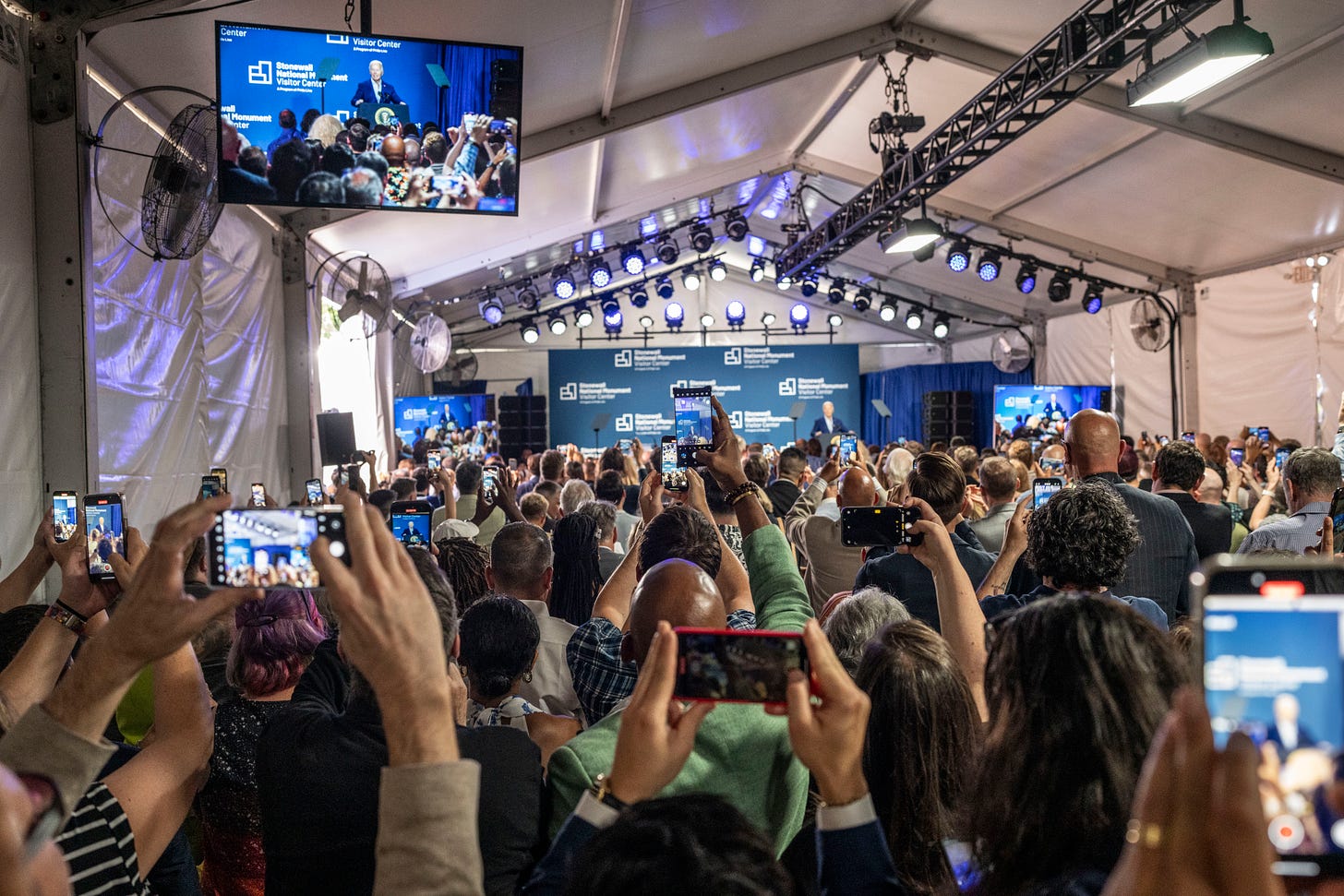
When I asked the man, who would identify himself only as an “LGBTQIA labor activist,” why he wanted four more years of Biden, he pointed in the direction of the Stonewall Inn, the New York City bar associated with the start of the gay rights movement. Through the thick of celebrities such as Jonathan Groff, Michael Kors, and Neil Patrick Harris, and the display of Pride flags waving in the wind, I can almost see its brick facade.
“I came out seven years after Stonewall,” he shared. “So, to see the president of the United States acknowledging the LGBTQ. . . ” he stumbles for a moment, “plus IA. . . I never thought I’d see that in my lifetime.”
As a tinny rendition of Hail to the Chief blares through the speaker system, the president emerges from behind a set of velvet curtains. He shadowboxes the air as he goes in to hug Ann Marie Gothard, the activist who introduced him as “someone who has championed LGBTQ+ equality.”
“Hello everyone, happy Pride,” Biden strains, pivoting at the podium like C-3PO. “It’s your love for each other and your vision for this community, and for our country, that brought this center to life.”
For the next seven minutes, the president harks back to the 1969 uprising at Stonewall (“the soul of the nation was literally tested”), details the first time he saw two men kiss as a teenager in Wilmington, Delaware, and gives a shout-out to the local gay community—“especially trans women of color.”
“We’re in the battle for the soul of America,” he said, repeating a version of his signature line for the fourth time that afternoon. “Well, I look around at the pride, hope, and light that all of you—all of you bring—and I know it’s a battle we’re going to win and continue to make progress.”
A voice from the back fills the tent: “I will with you.”
This is Biden’s second appearance of the day. Hours earlier, he’d been at a rally in Raleigh, North Carolina, where the press claimed the president “jogged toward the microphone” and “gave clear and concise descriptions of his positions on abortion, immigration, taxes, and race.” Guess you had to be there. Instead, I appeared to be the lone reporter who had escaped the press pen to witness his commemoration of the National Park System’s first LGBTQ+ visitor center. Only once did he hint at his disastrous performance the night before, at the end, when said, “I want to say a hell of a lot more, but I’m not going to.”
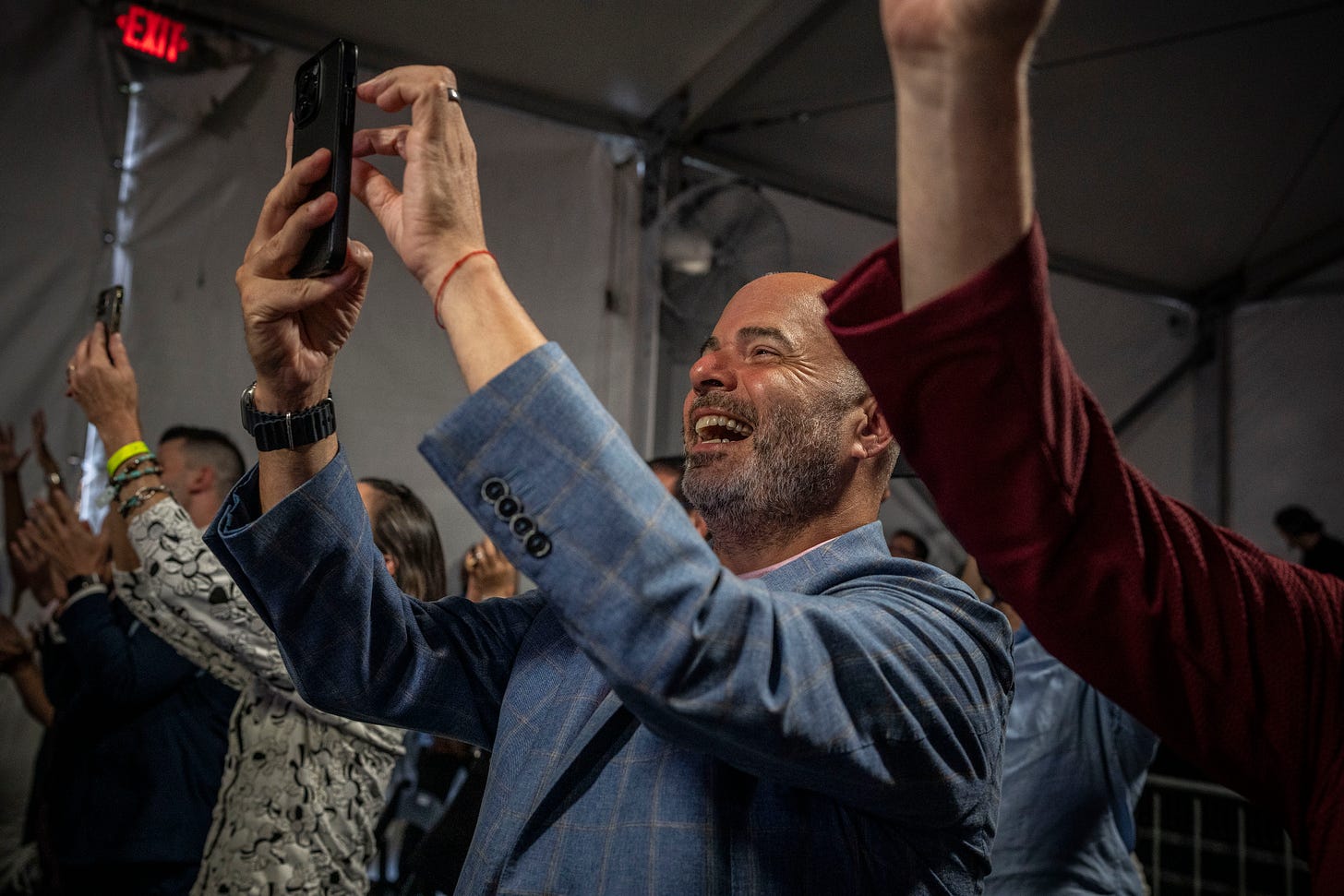
Then he pivots: “Because I want to hear a guy, you know, there’s a guy that you’ve probably heard about.” He concludes, “Please welcome El-in Jaaahn.”
Suddenly, Elton John saunters onstage and positions himself behind a shiny grand piano, launching into a rousing performance of “Bennie and the Jets.”
Earlier that evening, Katy Perry, the Grammy-nominated pop star, was walking through a metal detector, her long black hair swaying behind her. When I ask if she watched the debate, she frowns beneath her silver sunglasses.
“I still think that the most decent man wins,” she replies.
I ask her if Biden is the “most decent man.”
“Of course,” she said. “Is that a rhetorical?”
By the porta potties—top of the line, by the way, even including running water—I do find one critic. He’s a 28-year-old social media manager from Philadelphia named Jabari Cherry. Dressed in monochromatic layers of brown, Cherry tells me there is one thing Biden could do to make him “more comfortable” voting for the clear loser of Thursday’s debate.
“I like Biden,” he shrugs. “But I guess my critique is that Biden could’ve been a little faster shooting down what Trump said.”
“If he could be a little more concise,” he continued, “I think that would dispel all the confusion that Trump seems to put out.”
Chenault Spence, an 85-year-old operatic lighting designer, tells me he woke up that morning and tried to puzzle through the lesson of the presidential debate with his partner.
“We tried to figure out this morning what the job of the president is. And what we came up with was that—we did it pretty well—it’s to make reasoned judgments, from a philosophy and point of view, to serve the country. It’s not a contest.”
When I remind him that it literally is a contest, and one in which 60 percent of voters now want Biden replaced as the nominee, he tells me that he meant there’s no competition for his vote—it’s going straight to Biden.
“Making reasoned judgments is done quietly with aides and input, not by performing on a stage,” he said.
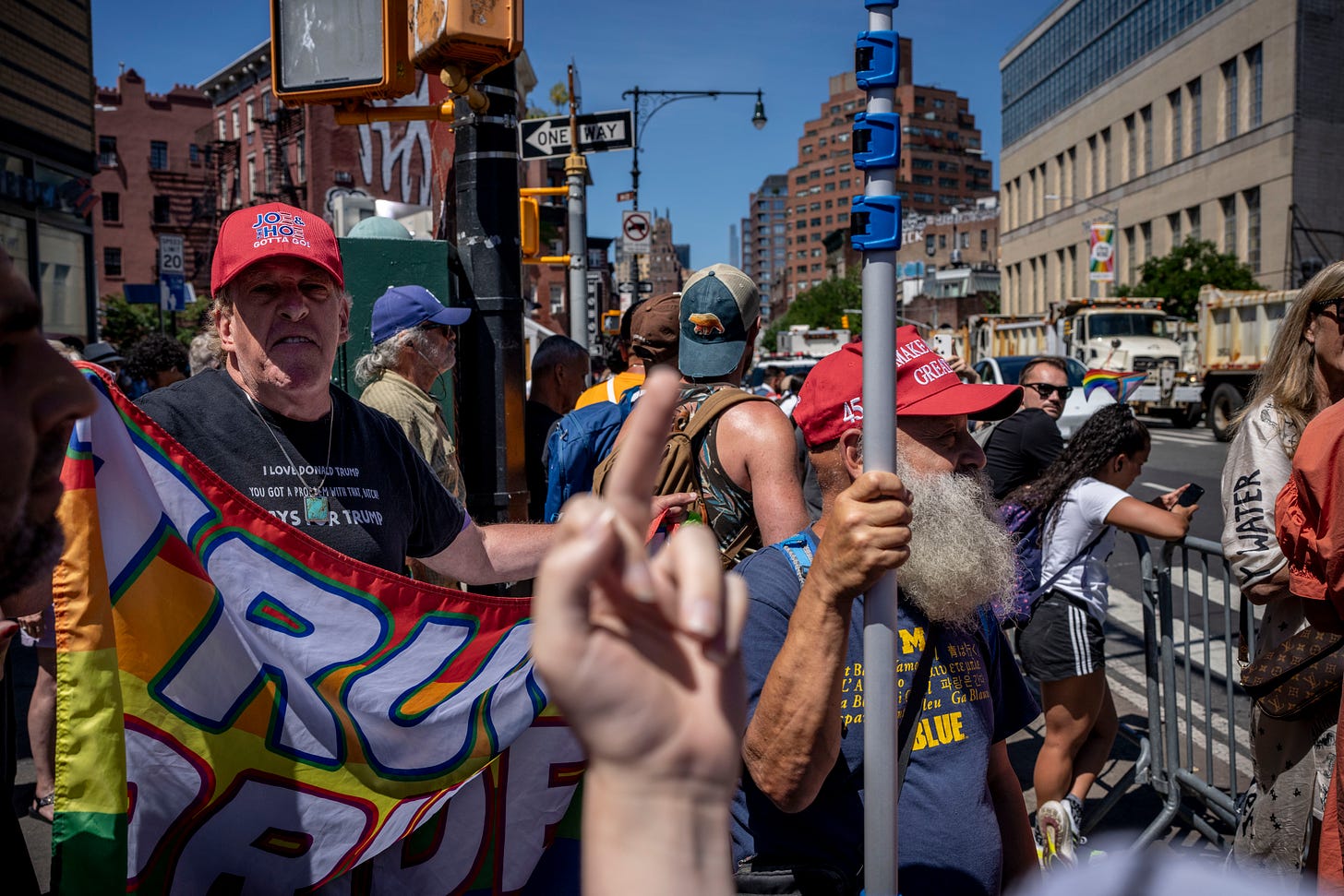
The previous night, MSNBC’s Chris Hayes made a similar point during the network’s post-debate roundtable, saying, “The job of the president is making decisions. The job of a presidential candidate is to communicate.” The television host added, “I think Joe Biden has a very good record on making decisions. And I think he’s a very poor communicator right now.”
Spence, who told me he’s an MSNBC viewer, said the best way to parse what happened on Thursday night is to read a transcript—“that is what one should do,” he said.
“I was so focused on the substance on one side,” he said, referring to Biden, “and the lack of it on the other. I didn’t notice there was a problem.”
When I ask how that’s possible, he pointed to the hearing aids tucked behind his ears.
“I have hearing problems,” he said. “I saw that it was slower and not as animated as usual. But every point was made.”
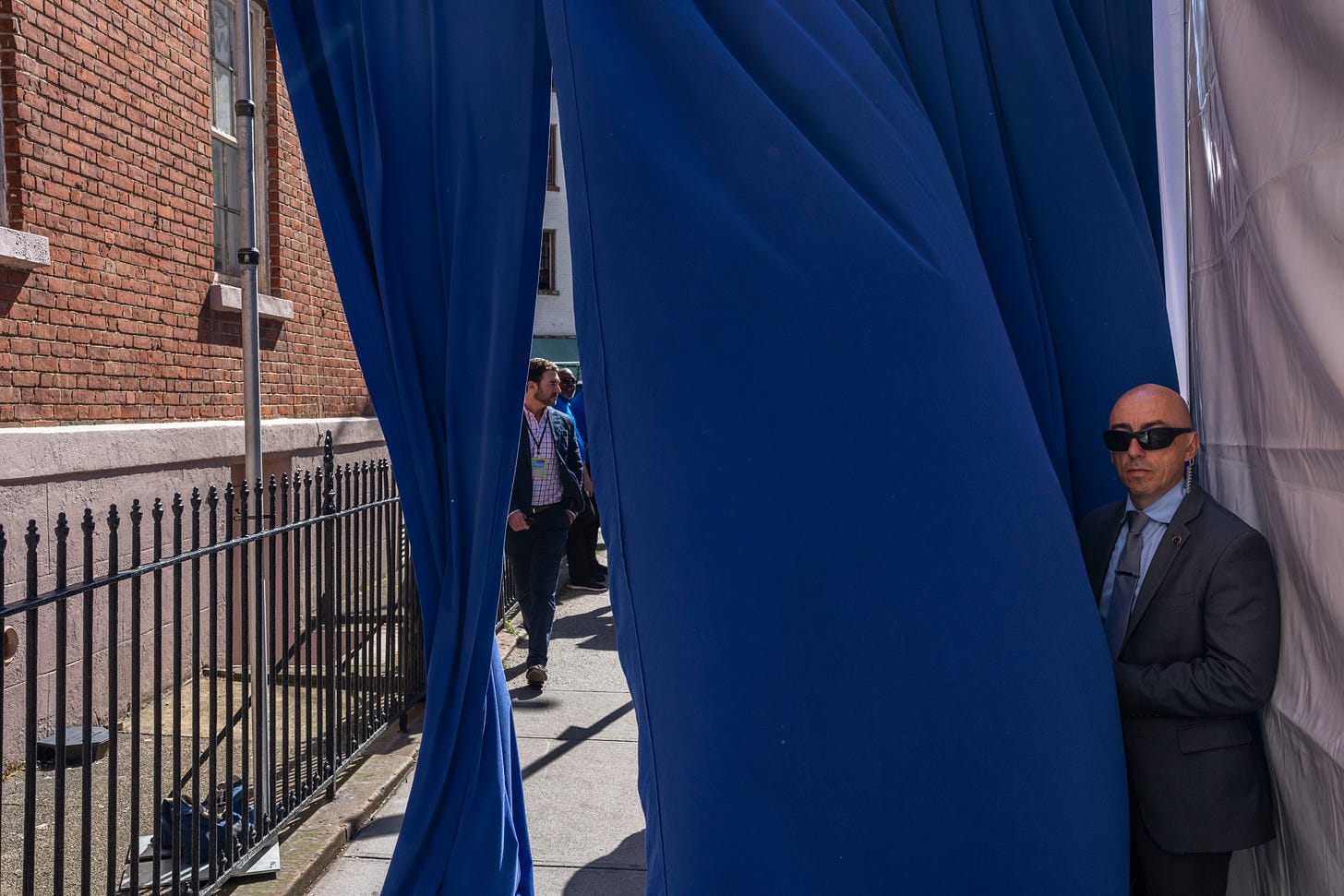
Later that evening, the president attended a Midtown fundraiser where cocktails went for $17 a pop. The next day, he met with more donors at a billionaire’s house in the Hamptons. By Sunday, he was on his way to Camp David with his family for a scheduled photo session with celebrity snapper Annie Leibovitz. Meanwhile, as wars continue to rage in Ukraine and Gaza, the number of Americans who have faith in the president is dropping—a whopping 72 percent think he is not mentally and physically fit for the job.
It appears everyone inside the Biden bubble has a hearing problem.
Olivia Reingold is a field reporter at The Free Press. Follow her on X @Olivia_Reingold and read her piece “Could Trump Turn the Bronx Red?”
To support our mission of independent journalism, become a Free Press subscriber today:


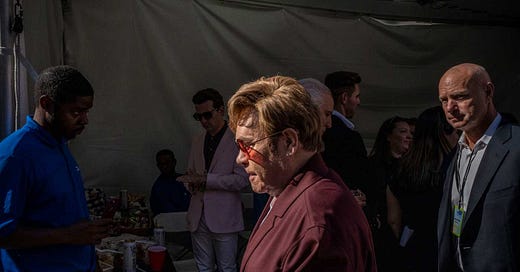

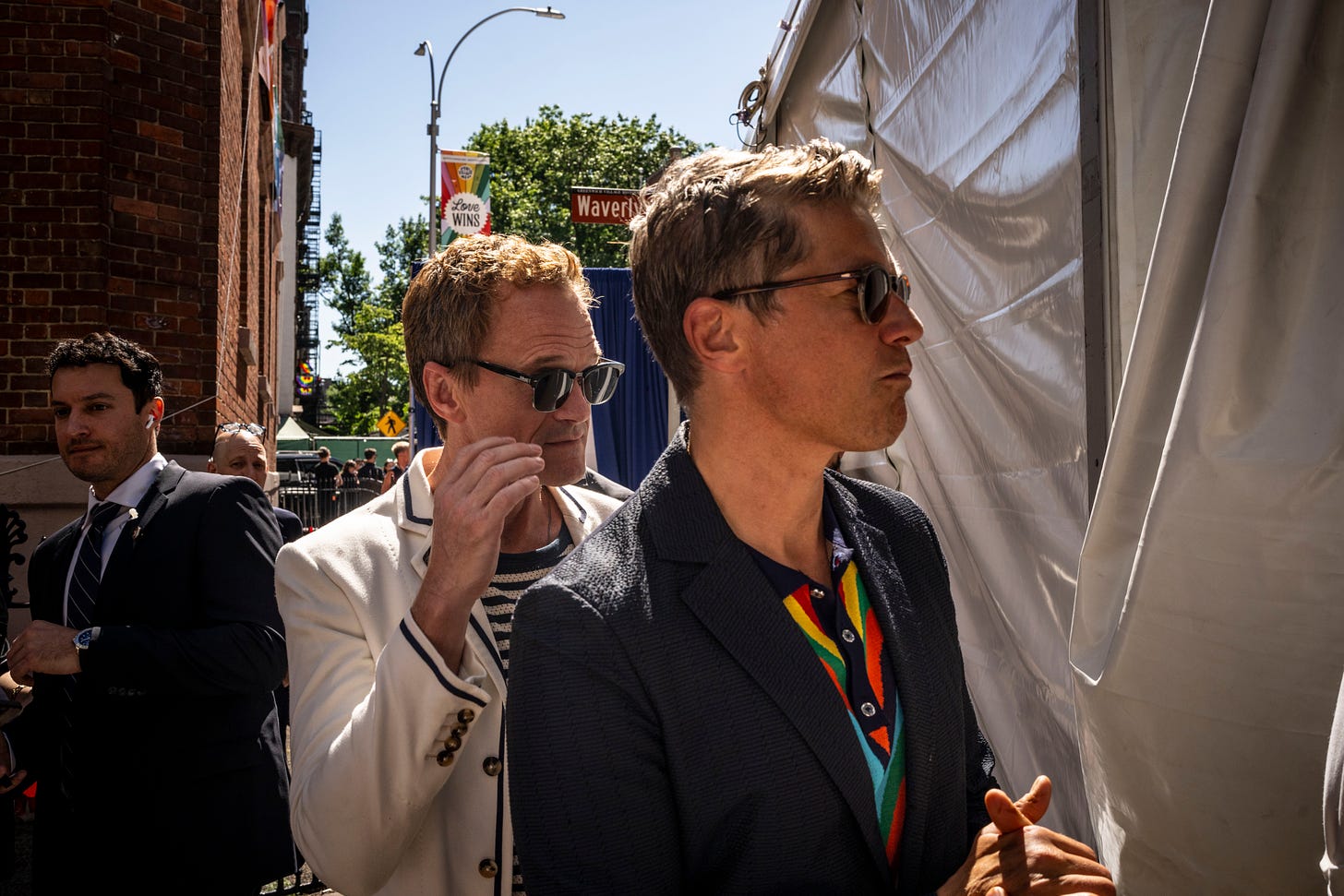
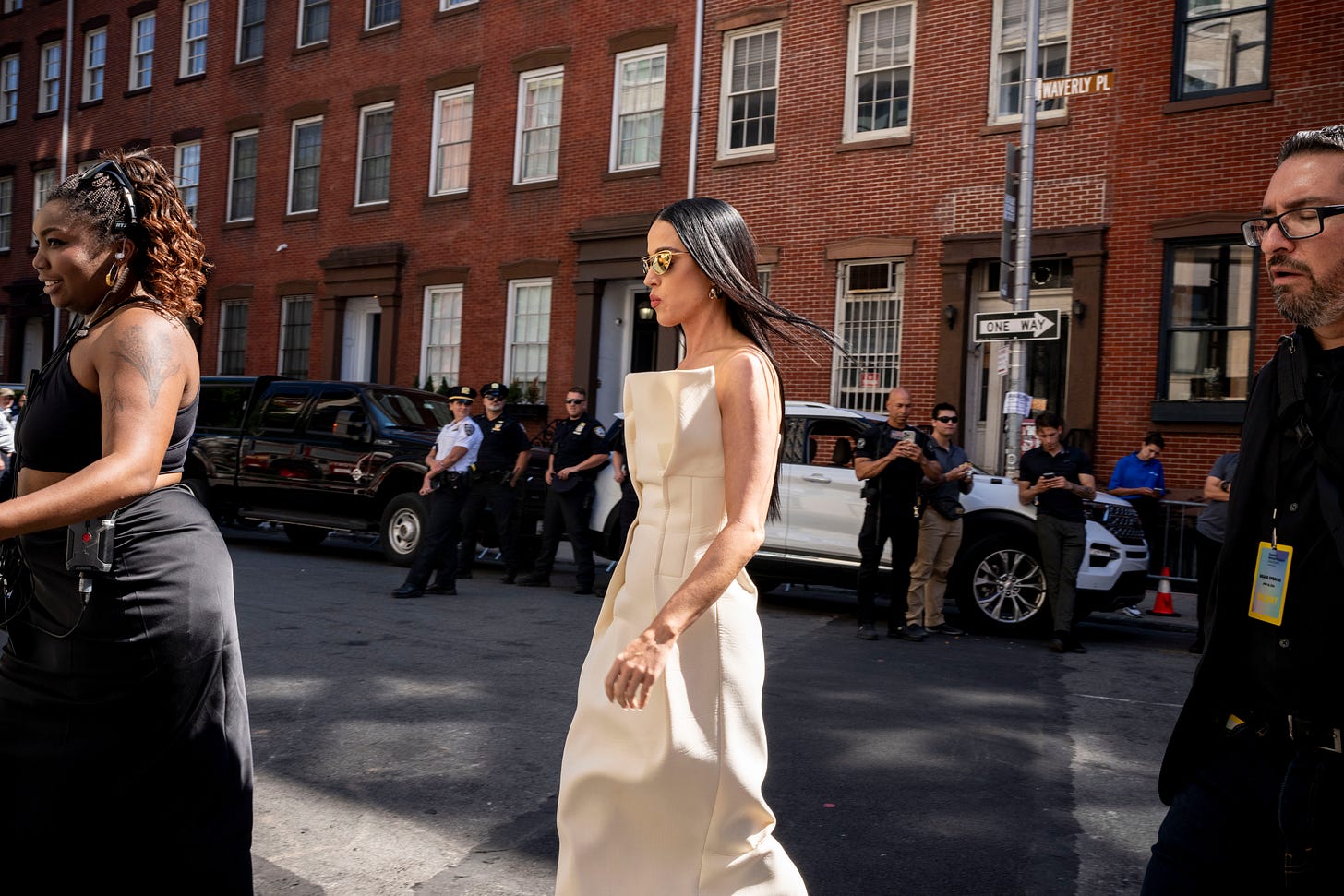




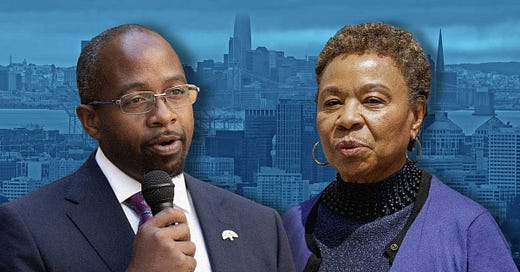


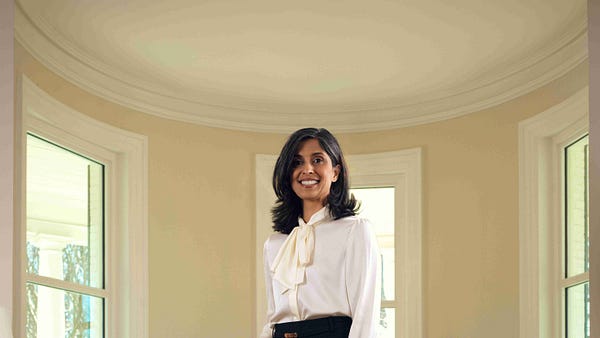


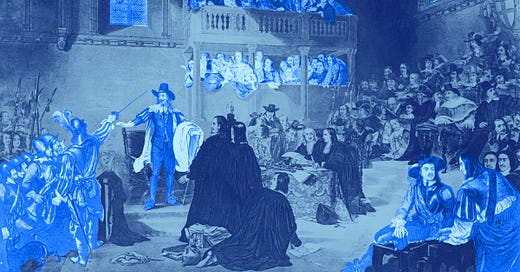
LGB - lose the T - IA - WTF - LMNOP - XYZ!
This cult movement is based on regressive beliefs and is setting you back.
We mama-bears are pretty mad about stuff like this:
"Unsealed Court Documents Show That Admiral Rachel Levine Pressured WPATH To Remove Age Guidelines From The Latest Standards Of Care
A head-on collision between science and politics
JESSE SINGAL JUN 25, 2024"
https://jessesingal.substack.com/p/unsealed-court-documents-show-that
Levine is a troubled sociopath who should be tried and imprisoned - and not in a women's prison.
It seems bizarre campaign strategy to attend a function in a city where you are likely to win overwhelmingly and preach to the choir, rather than going to a swing state where you are, as of now, likely to lose.
These bubble people are gaslit, swimming in Kool Aid, and in extreme denial. They are Biden Literally No Matter What. And they call their opponents cultists??? This right here was the definition of cult-like behavior.